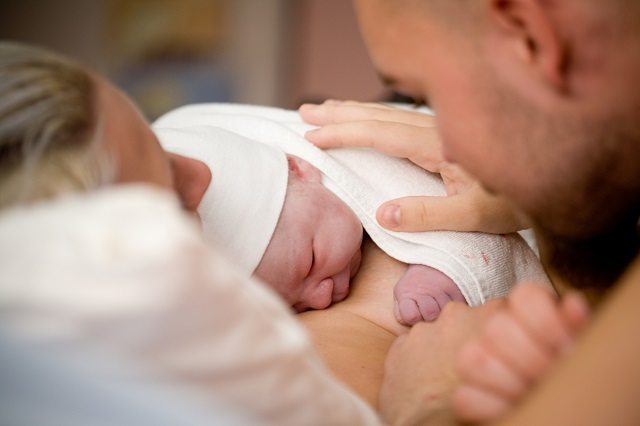Midwife’s research sees for medical changes regarding the cutting of umbilical cords
Midwife Amanda Burleigh’s research into the cutting of a baby’s umbilical cord post-birth has now led for a change in medical regulations on the matter.
Since the 1950s, standard medical birth protocol was to clamp the umbilical cord within seconds of a baby’s birth, the aim to reduce the risk of the hormal injejction given to the mother causing her to haemorrhage.
But now, since the drug in question has been replaced with a safer substitute, Amanda Burleigh began to believe it unnecessary to cut the umbilical cord so early after birth and began to research the matter and its possible health effects along with fellow medics.
The research Burleigh and her team found was that cutting the umbilical cord straight after a child’s birth had various negative affects, causing a newborn lose up to one third of its blood stock and increasing the risk of iron deficiency and anaemia in babies, which could lead to cognitive learning delays.
Despite disapproval and resistance from doctors and medics around her, Burleigh’s research prompted the National Institute for Health and Care Excellence to change their regulations on umbilical cord clamping after birth.
Burleigh, speaking to The Telegraph, said of her campaign: “I couldn’t sit back and ignore what I had seen when it became visible to me. Because if we see something that’s wrong, we have to change it. I think we’ll look back in years to come and realise that immediate cord clamping was not a good idea.”, adding: “Britain leads the way and others will follow. I’m supporting midwives in Australia, Norway, Sweden, Pakistan, Tunisia, Israel, Turkey and more. What I really want now is global change.”









